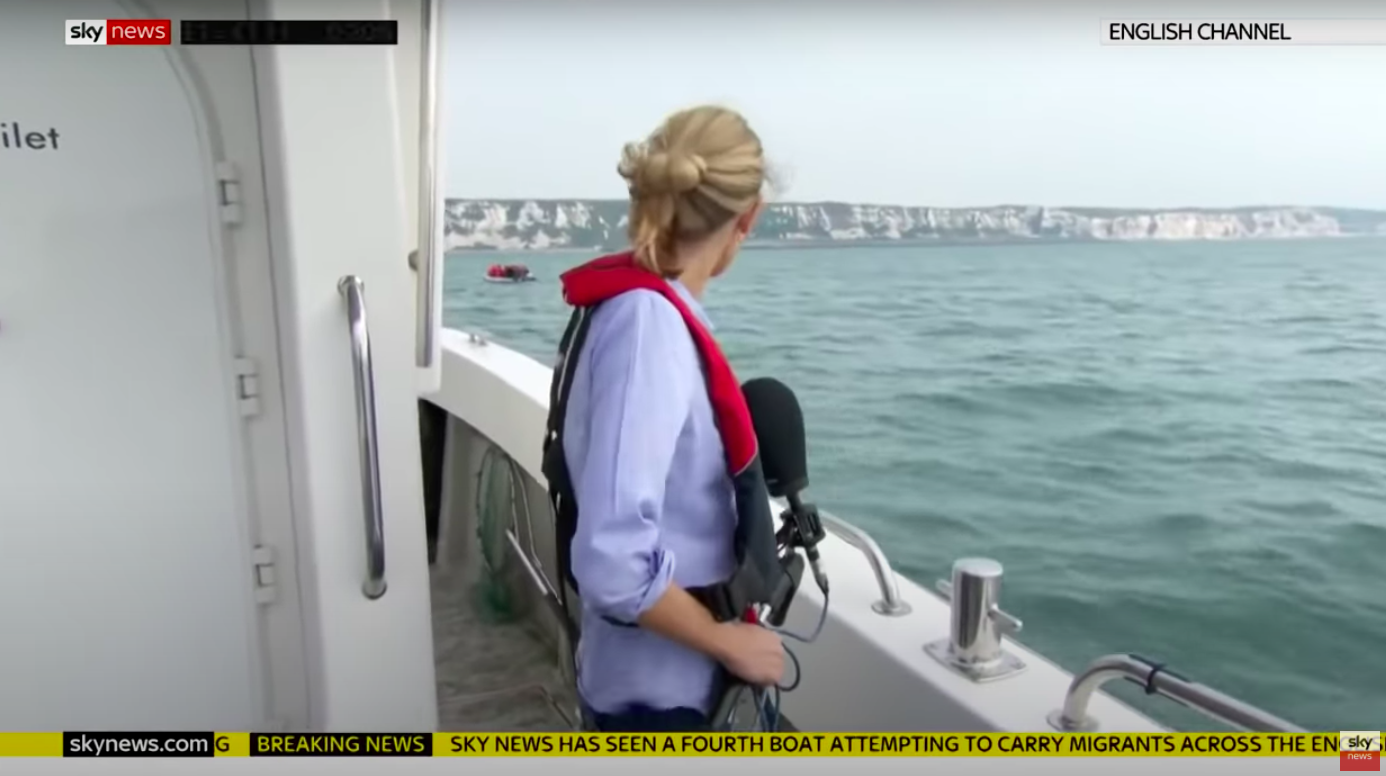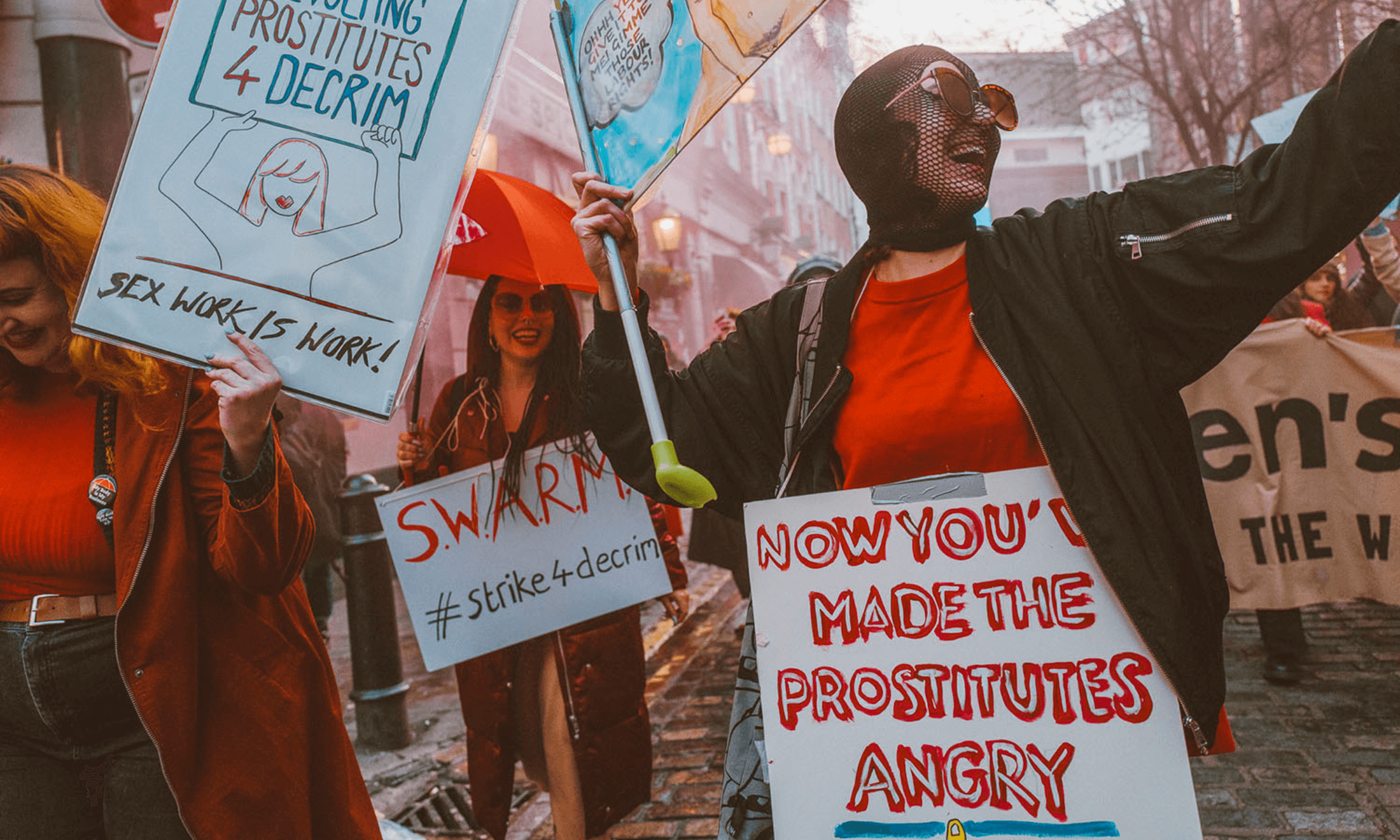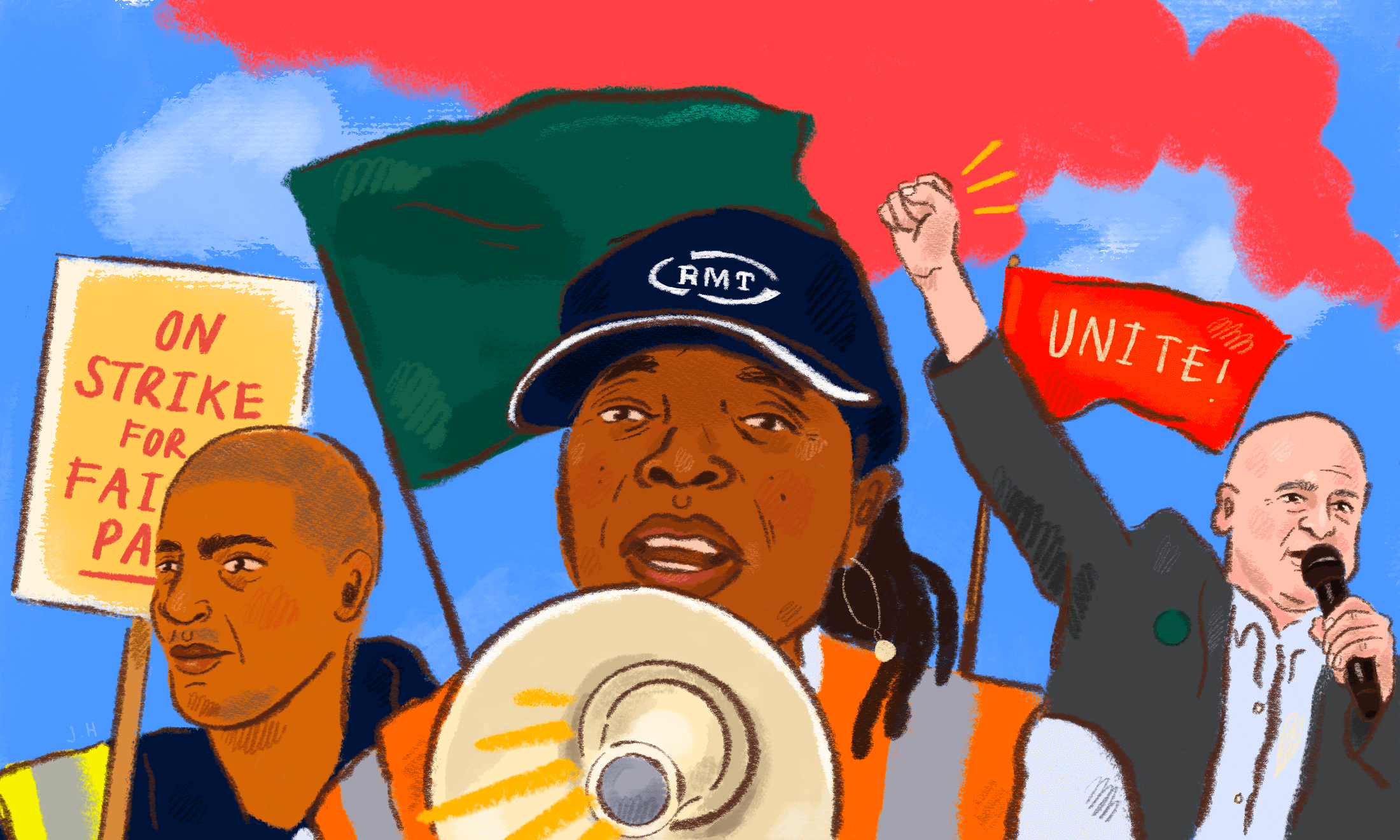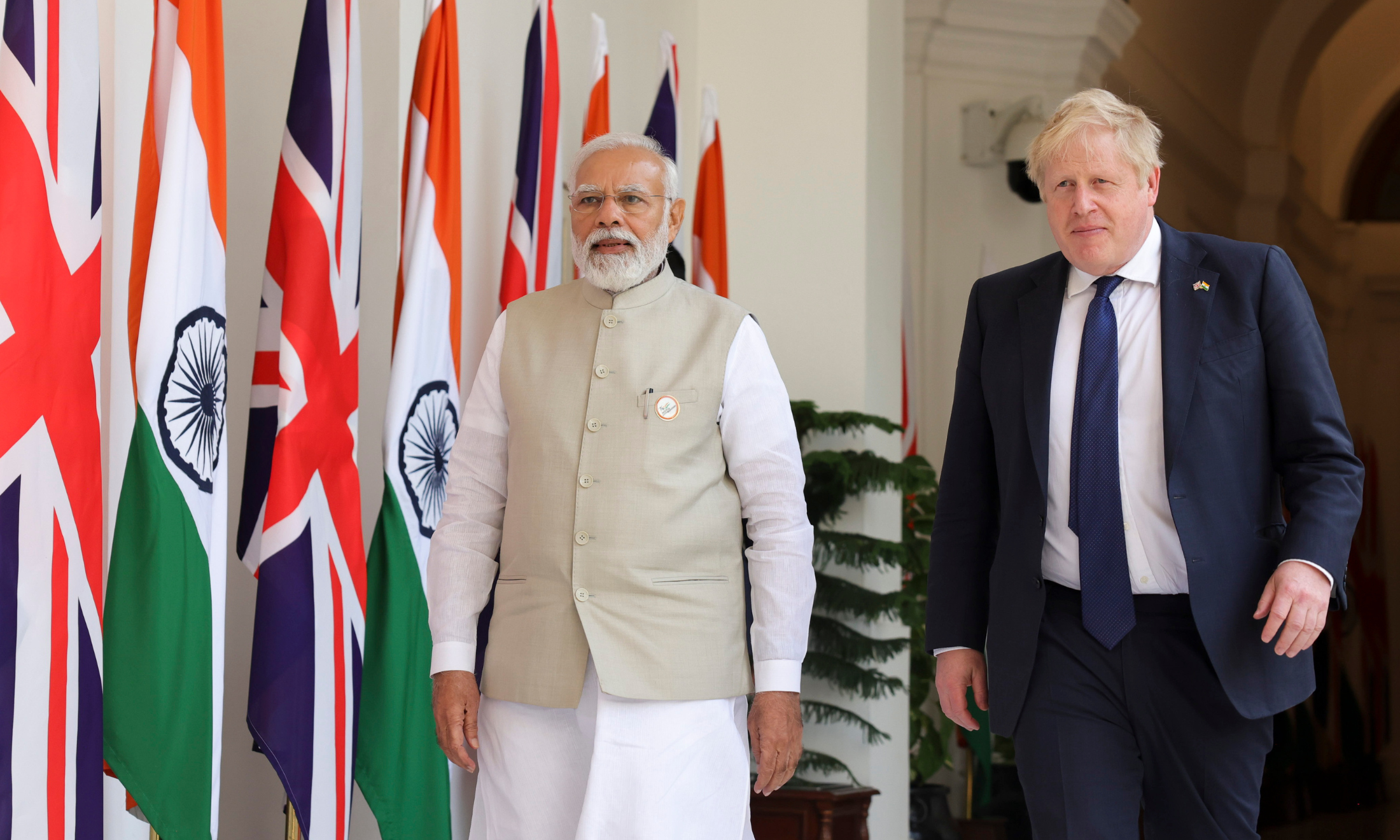
We must hold the media responsible for amplifying government anti-immigrant rhetoric
As we plunge into the worst recession of a lifetime and cases of Covid-19 in the UK start to rise again, the renewed focus on channel crossings is a calculated distraction.
DiyoraShadijanova and Editors
12 Aug 2020
What would you do if the people you grew up with, including family members, were all murdered in a brutal civil war that started nine years ago? What would you do if the country you lived in was so corrupt and economically deprived, it was impossible to seek opportunities or have a meaningful existence? What would you do if you belonged to a group of people that was being openly persecuted in your own country?
These are the questions the BBC and Sky News should have been asking when covering the horrific ordeals people go through when trying to seek a better, safer life in our country. They should have questioned what makes someone risk their life by giving human traffickers huge sums of money, just to get across the channel in an overcrowded rubber dinghy. They should have asked why the process of seeking asylum in the UK was so impossible that people are driven to this dehumanising level of desperation. They should have asked what the Home Office was doing to help these people.
Instead, two of our biggest news organisations sent out reporters and entire production teams in large yachts, to film “news segments” comprised of harassing desperate and vulnerable people in overcrowded plastic boats. One of the reporters watched as the boat he came near was capsizing and did nothing about it. The other patronisingly shouted “Hello, are you ok?” to a petrified group from Iran, giving them a thumbs up. Considering 75 per cent of the British population consumes its news via television, it’s even more crucial for broadcast journalism to ensure ethical reporting.
“We have become so desensitised to the suffering of Black and brown bodies, broadcasters are voyeuristically filming migrants instead of trying to help them reach the shore safely”
Our society has normalised anti-immigrant rhetoric so much that we live in a culture where we think it’s okay to film vulnerable people like they’re animals in a zoo. We have become so desensitised to the suffering of Black and brown people, broadcasters are voyeuristically filming migrants instead of trying to help them reach the shore safely. It’s certainly a new low, but the institutionalised xenophobia of the British media has been calcifying over a long period of time and we must hold it responsible for the Faragification of the news cycle.
There are no “two-sides” when it comes to human rights issues – there is no “unbiased” reporting. Our media has dreamt up this idea that you can talk about nuanced, complicated issues in an impartial way, but since when was watching people drowning in a boat and doing nothing about it impartial? The “devil’s advocate” framing on immigration issues has created the idea that we can somehow debate away the very real issues faced by refugees and asylum seekers and act like they’re not our problem. It is to blame for this toxic environment. As public trust in the media deteriorates, news organisations have been chasing this idea that it could be won back by widening the Overton window on anti-immigrant rhetoric.
Instead of holding the Home Office accountable for the hostile environment it has created in the past decade, reporters are feeding into and amplifying the government line that a few hundred people are somehow the UK’s biggest crisis in the face of a deadly pandemic, as well as a catastrophic recession. They’re also feeding into the wider idea of the UK cutting itself off from the rest of the world after Brexit, as though it has innocently played no historical part in creating war-zones in regions all across the world in the first place. But even if that was the case, where has our humanity gone? What happened to “loving thy neighbour?”
“Our media has dreamt up this idea that you can talk about nuanced, complicated issues in an impartial way, but since when was watching people drowning in a boat and doing nothing about it impartial?”
It’s not “journalism” to capitalise on misery. None of this is “just part of a job”. How many people signed these news segments off? Every single action that led to this horror show was an active choice – an inhumane one. No amount of money pledged for diversity and inclusion can erase the fact our society is institutionally xenophobic to its core. If newsrooms really cared about fair representation of people who feel marginalised, this kind of reporting would have never happened in the first place. How have we sunk so low that one of the only outlets holding the government to account is an ice cream company? Our Home Secretary is more upset at Ben & Jerry’s tweeting “Hey @PritiPatel, we think the real crisis is our lack of humanity for people fleeing war, climate change and torture”, than the terrifying plight of refugees.
Journalists don’t have to buy into any of the xenophobic ideas that have been brainwashing us over time. They have the responsibility to unlearn them and focus on the facts instead. They have to hold powers accountable. It’s down to reporters to be sensitive and mindful when it comes to storytelling and it’s down to newsrooms to give ethics training. When the levels of empathy are this low, it’s terrifying to think how all the other strands of news reporting are being affected. Unless we address the xenophobia festering in these spaces, more innocent people will die as a result.

Britain’s policing was built on racism. Abolition is unavoidable

How Pakistan’s Khwaja Sira and transgender communities are fearing and fighting for their futures

Their anti-rape performance went viral globally. Now what?






